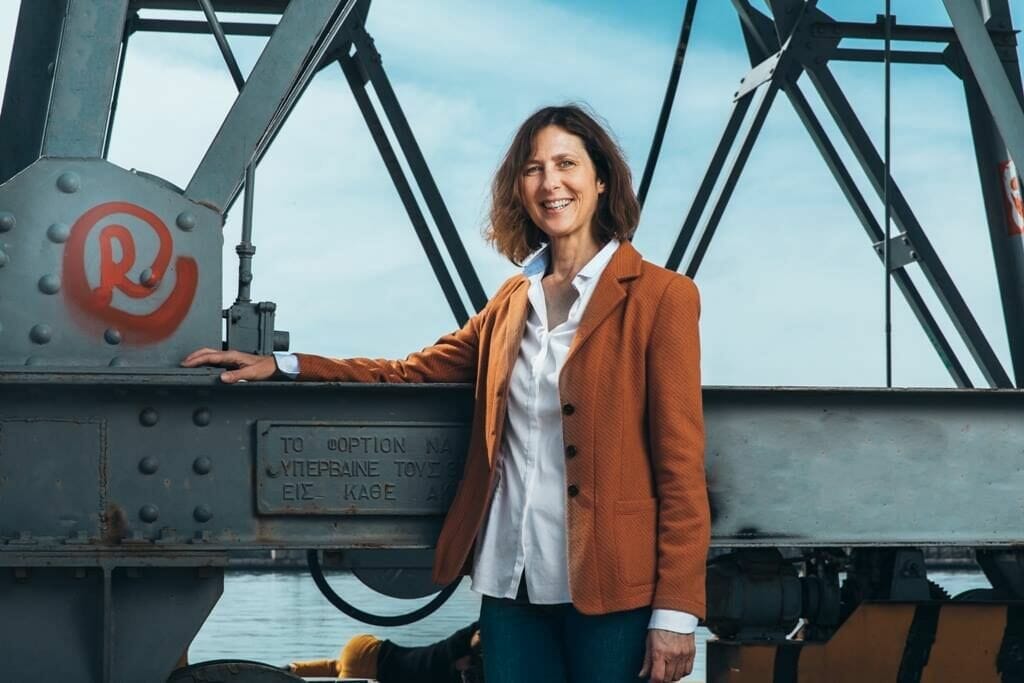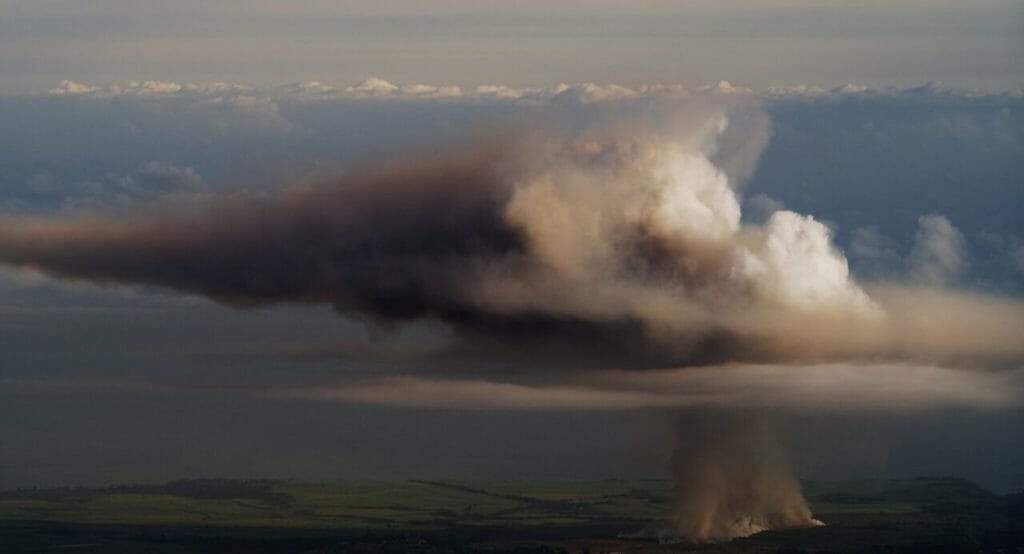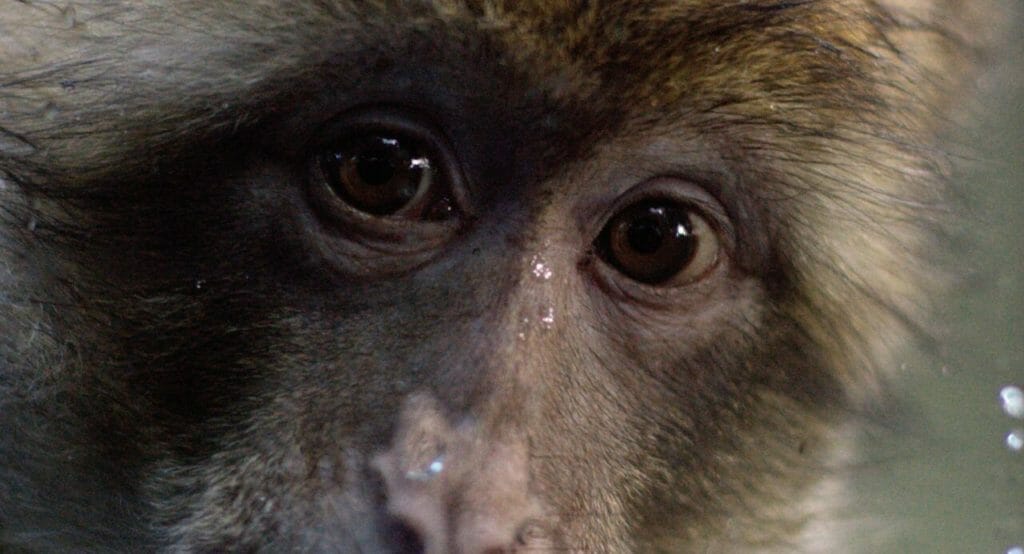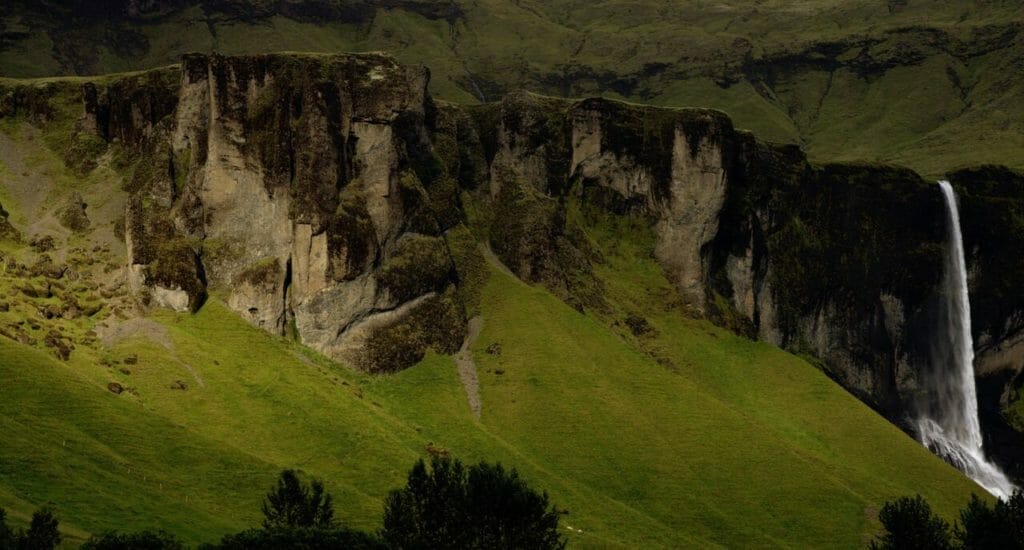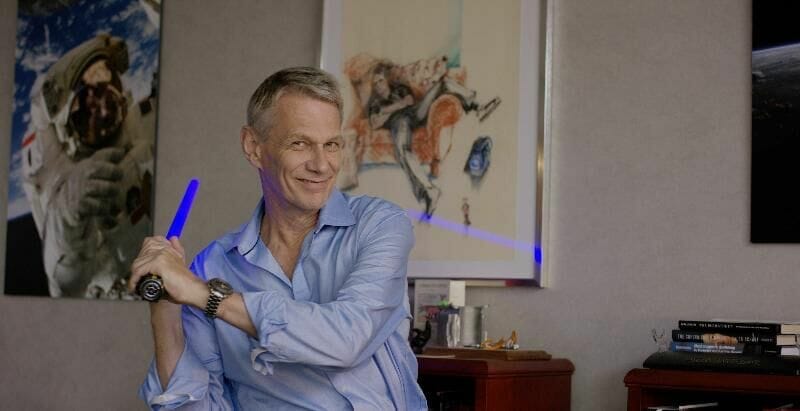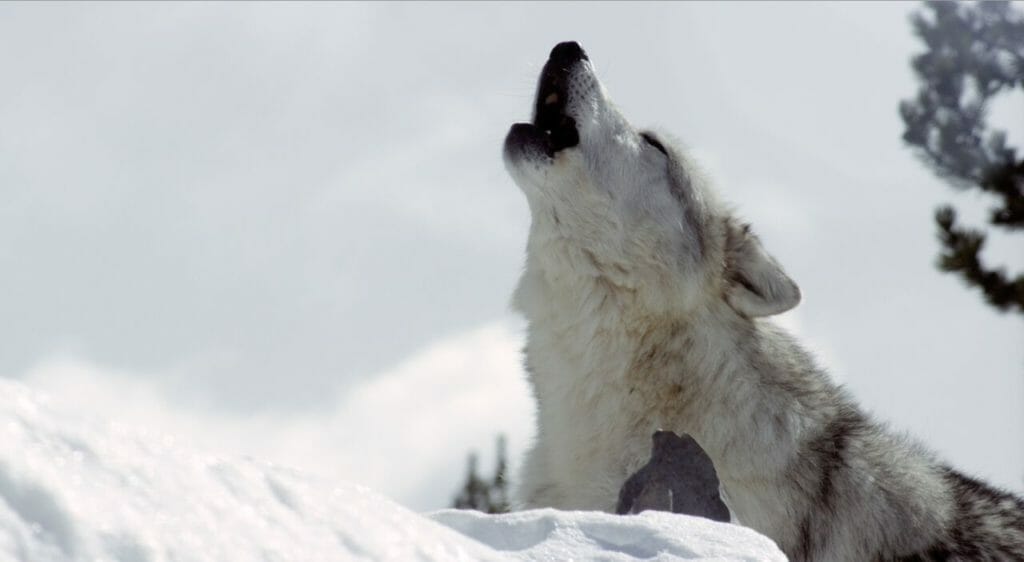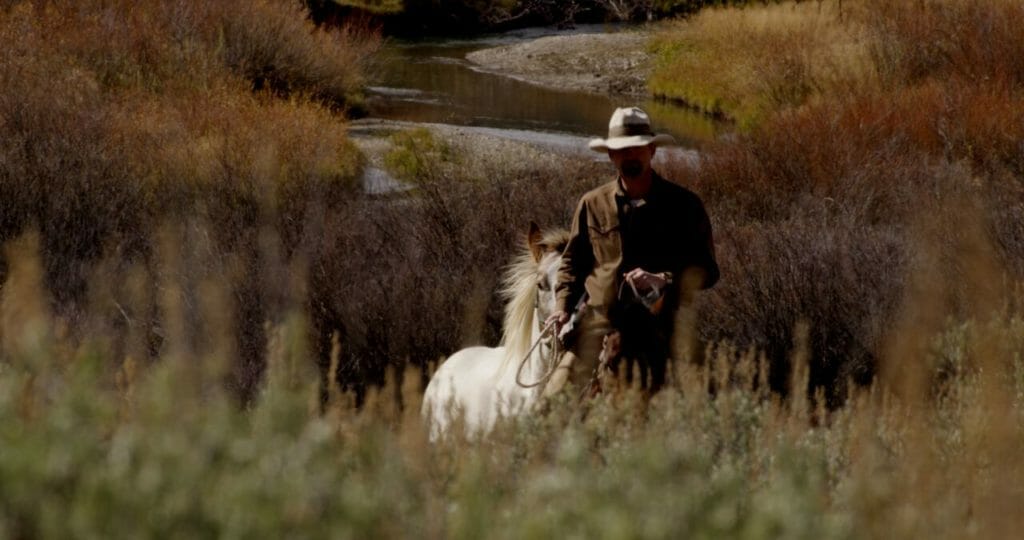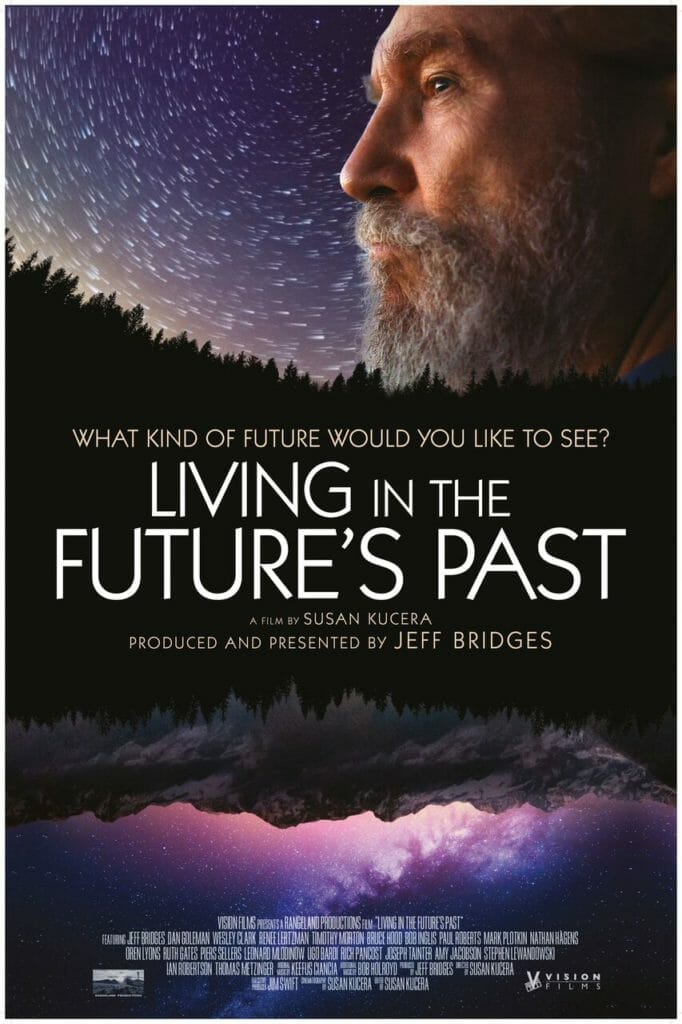Editors Note: Colleen Smith reviewed LIVING IN THE FUTURE'S PAST, read the full review of LIVING IN THE FUTURE'S PAST Film Review here.
LIVING IN THE FUTURE'S PAST explores human identity and our relation to the environment. To get a better understanding of this film, Picture this Post writer Colleen Smith also interviewed director Susan Kucera.
Why did you decide to take on this project? Why is this important to you?
The film started when Executive Producer Jim Swift became curious about why we do what we do in the face of environmental challenges. Eventually, this curiosity became a collaboration between Jeff Bridges and myself, although a great deal of the direction this documentary took is due to the fascinating details provided by the people we interviewed.
This film digs deep on many levels. We wanted to look under the hood of humanity so to speak and also explain energy in a way that seems to be a revelation to audiences.
Whom do you hope to impact?
This film is for everyone!
What is your source of inspiration?
For me and I believe for Jeff too, we were inspired by the idea we’re all in this connected mesh and if we can contribute to the cultural narrative through story or action we can affect the future and our children’s future for the better, as Jeff points out “We love our kids.” Given the serious nature of the changes we’re facing and environmental degradation already here we no longer live in a world where nature is something we can easily categorize as something separate from ourselves. We are living in a world where we can no longer pretend that we can simply outsource our problems. The idea of some separate entity we term Nature is anachronistic.
After watching Living in Future’s Past, what is one message you want your audience to take away?
We wanted to encourage the viewer to get to know their sub-conscious motivations and the physical flow of energy.
What is your process? After deciding on the idea how did you find the scientists and subjects that you interviewed?
It was vitally important to interview people with backgrounds in psychology, biology, energy, animal behavior, ecology, and our monetary system. We also interviewed General Wesley Clark and Astronaut and Meteorologist Piers Sellers who both had a really comprehensive understanding of the political, financial, and environmental upheavals facing us, but who brought a unique pro-active positive outlook.
How long did it take you to create this film?
Jeff and I worked on this for two years. We initially had a visioning session writing down what we hoped to create; a documentary that fearlessly turned the environmental narrative inside out.
For people inspired by your documentary, what are ways they can become involved/take action?
It’s a good thing first to shine a light on our own hypocrisy and then get friendly with our ability to reason. I think the film exposes the necessary tools we already have to put the individual back in control of not only their own choices but the tools to see their actions within a collective global context. The actions then seem obvious, it’s a little like improvising to a different tune. This may sound strange but the film gives us all a sense of agency as opposed to blind hope.
How long have you been passionate about this subject?
I’ve always been interested in what makes us and other animals tick. We’re not the only animals with social and economic relationships with the environment.
What was your greatest challenge in creating this documentary?
Casting a complicated mix of evolution, emergence, entropy, dark ecology, and what some are calling the end of nature into an understandable straightforward narrative without falling into any ideological traps.
What is your favorite and least favorite memory while directing this documentary?
Working with Jeff Bridges was definitely a favourite, he’s a wonderful collaborator, the countless hours editing while ultimately highly rewarding, were less enjoyable.
Is there anything you wish you could have done, but weren’t able to?
I wish I could have finished the film before Astronaut Piers Sellers died of cancer. I believe it was the kind of film he hoped we’d make and it stands as an honor to his memory.
One of the topics discussed in your documentary is that human society has essentially become a superorganism. We are reliant on fossil fuels to perform societal duties. Do you think it is possible for society to move away from fossil fuels before facing the consequences of an energy crisis or climate change, or do you think that society will only change in the face of consequences?
I think we have self- organized for what works using a cheap source of reliable energy 24/7 and we need to re-evaluate what we spend this energy on. We can take a longer-term approach and use our current form of energy to develop a new infrastructure that will definitely be different. Whether we choose to change or not, we will eventually no longer have the ability to use energy the way we have become accustomed. As Jeff says in the film, however, “We can focus, not on what we will lose, but what we might gain by preparing for something different.”
Your documentary discusses that as humans in the modern world we are constantly pulled every which way by polarizing news outlets and politicians, individually we seek a quick fix to satisfy our innate impulses, though some people may be well-meaning it can be difficult to reach outside of our comfort zone and make any kind of difference. What steps would you suggest to a person who wants to make a difference but relies on the current fossil fuel based society that we live in?
That seems like two questions. I know from the research done by one of the film’s speakers Leonard Mlodinow, as he points out in his new book titled Elastic: Flexible Thinking in a Time of Change, it's vitally important to get to know and have conversations with people who may not be in your circle of similar ideologies.
Regarding what we can do, as Timothy Morton the philosopher addresses in the film, it has a lot to do with re-directing desire, not stamping it out, “In the life of sentient beings desire is inevitable.” As far as ‘steps’, it’s first important to understand how our systems function and then when alternative opportunities arise - take them, support them, create the demand for them. We can’t be thinking of just how to ‘replace’ fossil fuels and keep things going as they are. As Jeff Bridges says in the film, “Ingenuity is in our DNA." We need to turn that ingenuity to the question of just what it is we hope to sustain.
What is something important you learned while creating this film?
The similarities between humans and other animals and our concept of surplus. Dr. Nathan Hagens in the film reminds us, “Energy doesn’t cost dollars, per se, it really costs energy.”
What can we expect from you in the future?
I have finished principal photography for Range Riders. It is about the large carnivores, primarily wolves, in the American West and the myth and ideology of the endless frontier that really permeates our entire culture. This project explores how some ranchers are adapting to a new ethos in the west and learning to live with solidarity with our non-human counterparts.
Living in The Future's Past is showing at film festivals around the world, for more information visit Living in Future's Past website.
All images courtesy of LIVING IN FUTURE'S PAST.
Cast and Crew
|
Jeff Bridges |
Susan Kucera |
|
Keefus Ciancia |
Jim Swift |
|
Ken S. Polk |
Bob Holroyd |
|
Dr. Piers Sellers |
Wesley Clark |
|
Oren Lyons |
Dr. Timothy Morton |
|
Bob Inglis |
Dr. Rich Pancost |
|
Dr. Ruth Gates |
Dr. Renee Lertzman |
|
Dr. Leonard Mlodinow |
Dr. Bruce Hood |
|
Dr. Mark Plotkin |
Dr. Thomas Metzinger |
|
Dr. Amy Jacobson |
Daniel Goleman |
|
Dr. Stephen Lewandowsky |
Dr. Nathan Hagens |
|
Dr. Joseph Tainter |
Dr. Ugo Bardi |
|
Paul Roberts |
Dr. Ian Robertson |
About the Author
Colleen Smith graduated from the University of Wisconsin-Platteville with a BS in Reclamation, Environment, and Conservation. She has since moved to Hawaii and pursued a career as an environmental scientist with AECOM. Colleen maintains an active role in her company's sustainability committee and participates in beach cleanups and restoration events around Hawaii.

